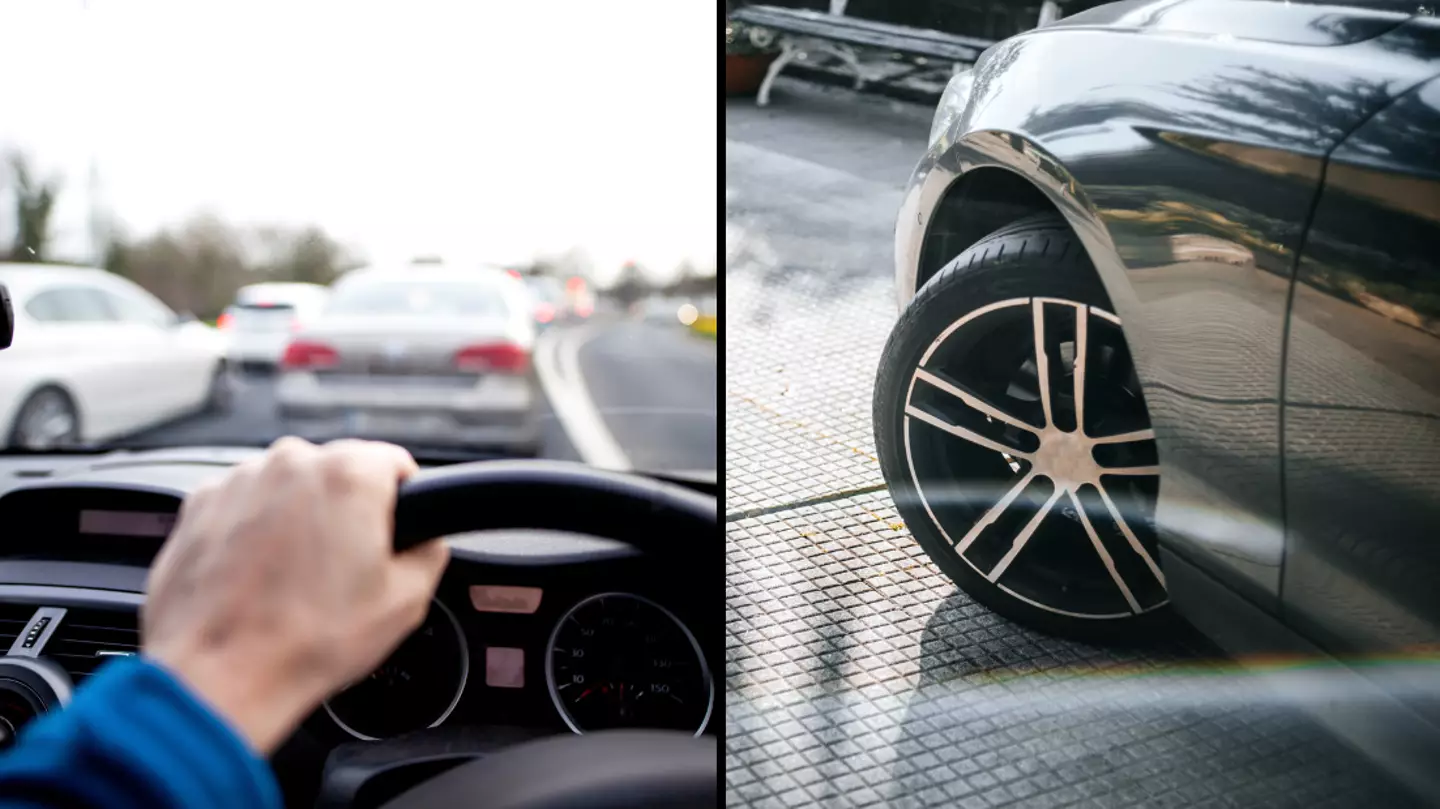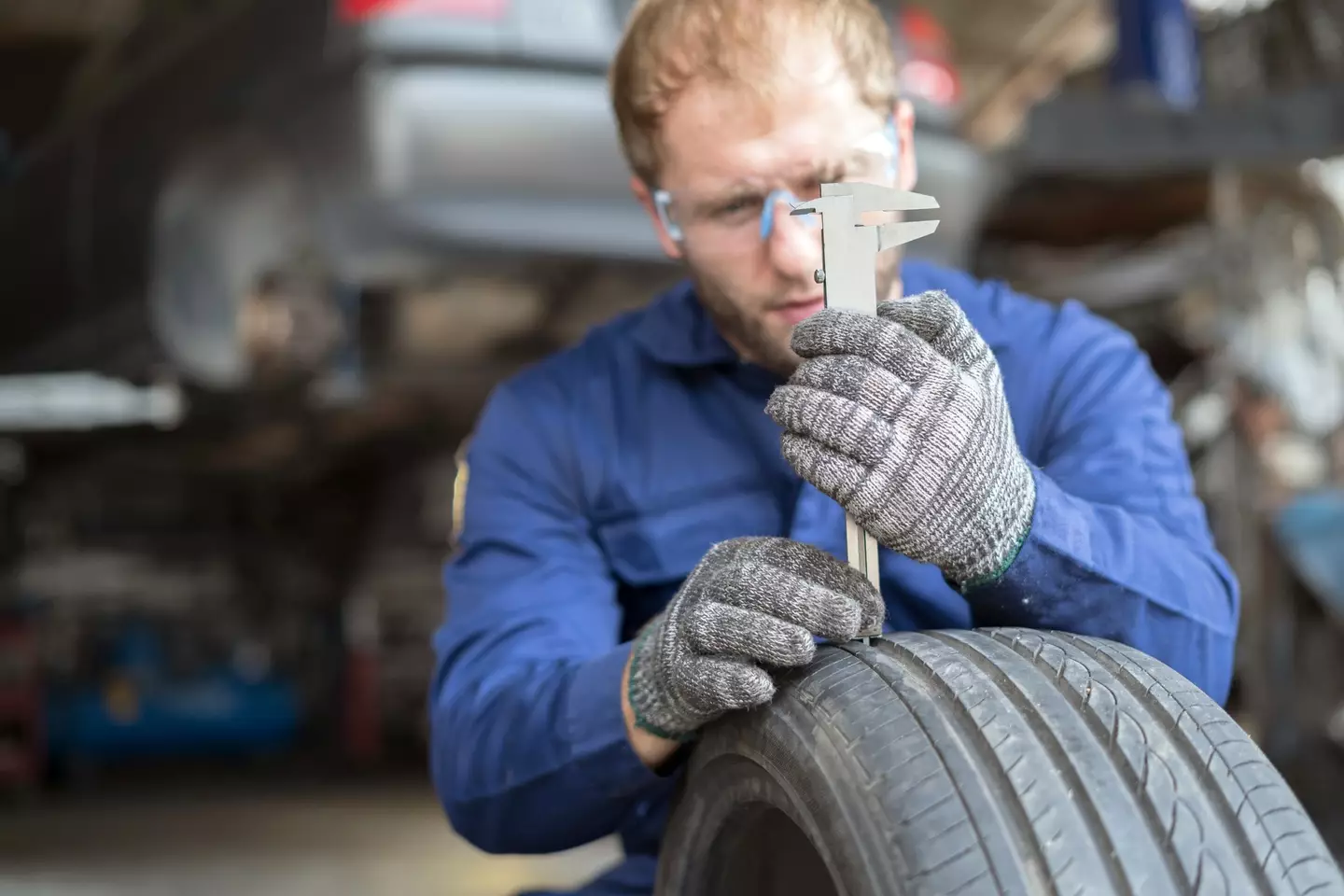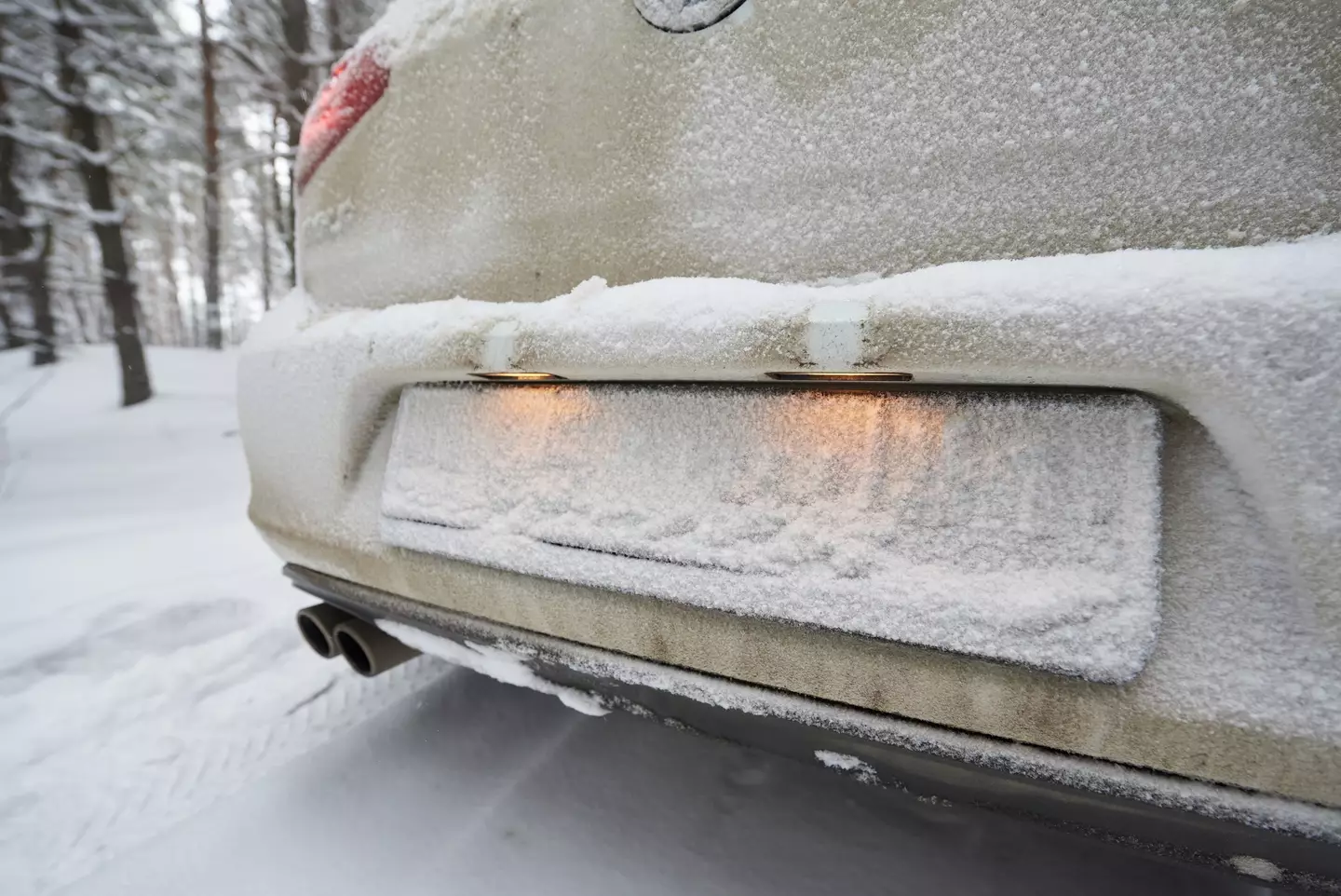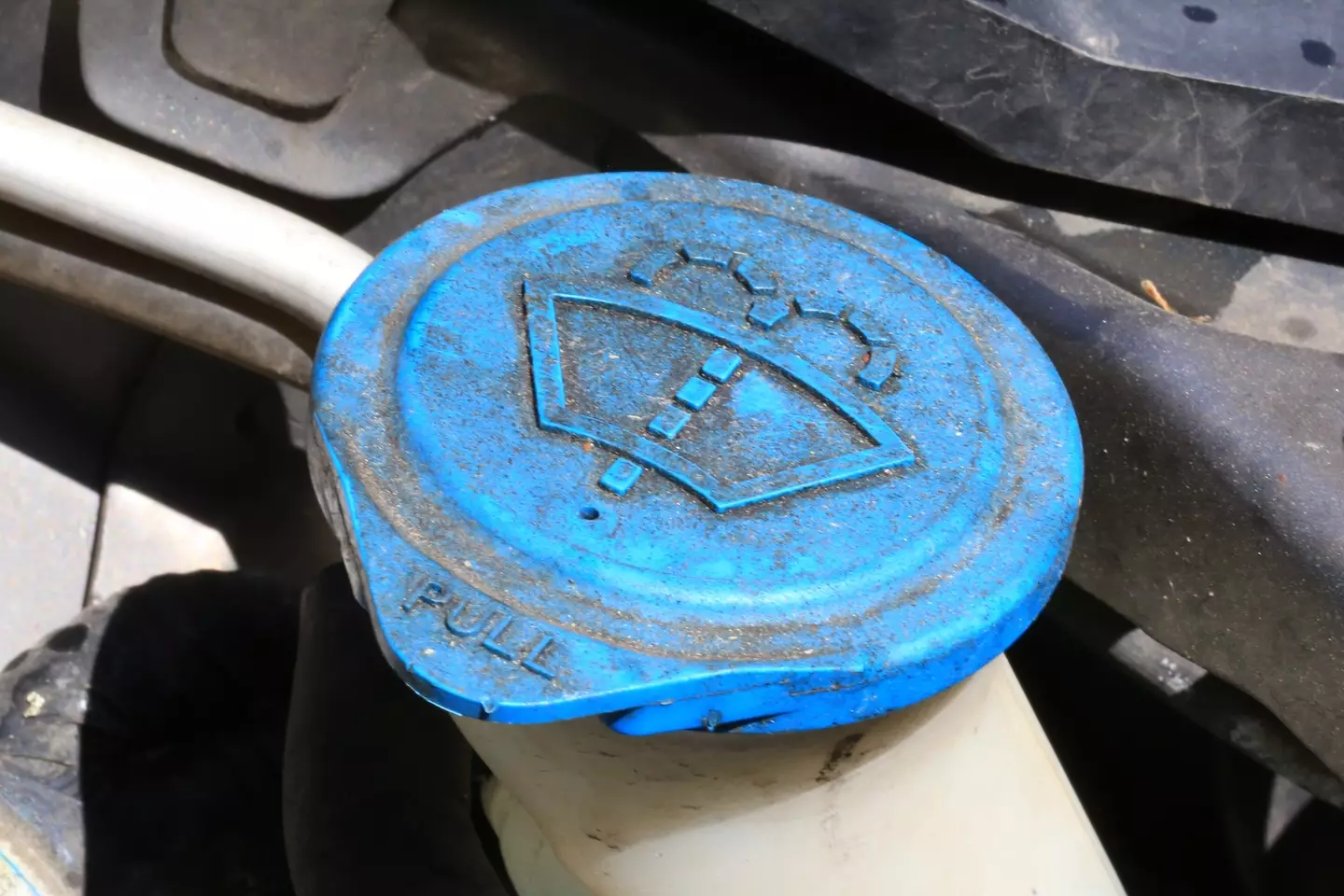
Drivers in the UK are being warned about carrying out four car checks they should undertake this summer to avoid fines of up to £10,000.
And on top of hitting your bank account hard, you could also be given a bunch of penalty points for your driving licence.
Keeping your car in road-worthy condition is an essential requirement when it comes to driving up and down the country. Even if you only use the car for the local runabout to the shops and visiting family and friends, making sure it's road legal is your responsibility as its owner.
Should something go wrong with it, you're liable when it comes to any unwanted consequences.
Advert
Now, motor experts at Absolute Reg have issued a warning to Brits over four specific criteria you should be keeping an eye on. If you don't, you could land yourself in trouble.
Tyre tread depth
Probably the most obvious of the four car checks the Absolute Reg guys are issuing advice on.
You can't pass an MOT without an appropriate tyre depth so this should come as no surprise. But at the same time, waiting for your MOT to see if you need new tyres can be a massive risk.
"The tread depth of your tyres is important for the grip and safety of your car," the Absolute Reg team says.
The law states that the legal requirement for tyre tread depth is at least 1.6millimetres. One easy way to check this is with a tread depth gauge.
Appreciating 99 per cent of us don't have one of them to hand, an easy way to check it is to take a 20p coin and insert it in the tread depth. If you can’t see the rim of the coin then your tyres should be safe.
Tyres with an illegal tread depth of less than 1.6mm can result in a fine of £2,500 and three points on your licence. And that's per tyre, so you're looking at a whopping £10k bill for having all four of them under the limit.

Tyre pressure
Staying with the tyres, the pressure of them is critically important in every kind of weather.
Keeping them pumped up helps steer and brake properly, especially in rain and snow. And with the heat, the rough guide is that for every 10 degrees Celsius rise (or fall) in temperature, your tyre pressure will alter between one and two PSI. So adjust accordingly.
"You can buy an inexpensive tyre pressure gauge which will tell you the condition of your tyres but newer cars will have a built in system already. Each car has a different tyre pressure and you can find this in your vehicle’s handbook," Absolute Reg says.

Number plate
The law is very clear on this; all number plates must be readable at all times to ensure a vehicle can be identified as and when required.
If yours gets covered in mud or dust this summer, you could be breaking the law under the Vehicle Excise and Registration Act 1994. You might get an on-the-spot £100 fine, but some drivers could get up to £1,000 depending on the severity of the rule breaking.

Washer fluid and your wipe blades
Last but no means least is making sure your washer fluid tank is regularly topped up. Same goes for having wiper blades to clean your windscreens.
Absolute Reg says: "In the summer it’s inevitable that your windscreen will get a little grubby from dirt and grime on the roads. That’s why it’s important to keep the washer fluid topped up so your wipers can clean the windscreen allowing you to have a clear view of the road.
"It’s also a legal offence to drive with no washer fluid, and you might be fined if you get caught without any.
"As well as keeping washer fluid topped up, you need to make sure your wiper blades are in good condition. If they’re not, they’ll leave your windscreen smudged when trying to use them which can ultimately affect how you see the road."
Jake Smith, director of Absolute Reg, said: "Keeping your tyres in good condition is a must, especially in the summer.
"Proper tyre pressure and tread depth are key for safe driving, and if you’re caught with illegal tyres, you could be hit with massive fines and even penalty points. Don’t forget about your number plates either. If they’re too dirty to read, you could face an on-the-spot £100 fine, and if it goes to court, it can shoot up to £1,000."